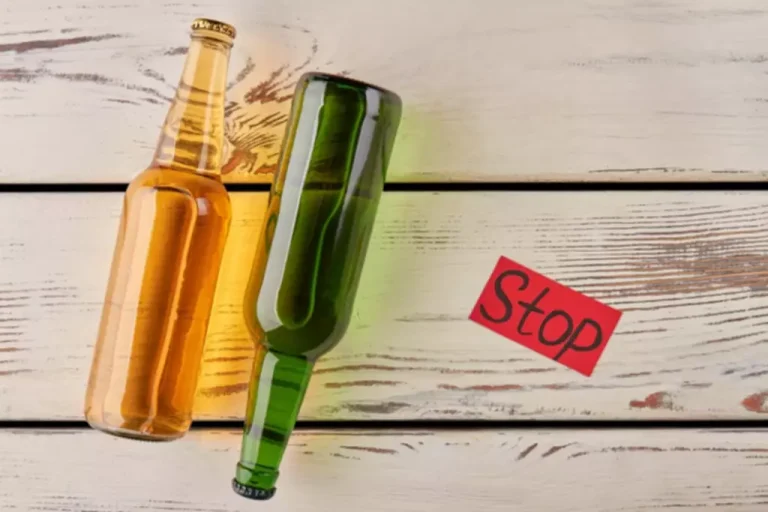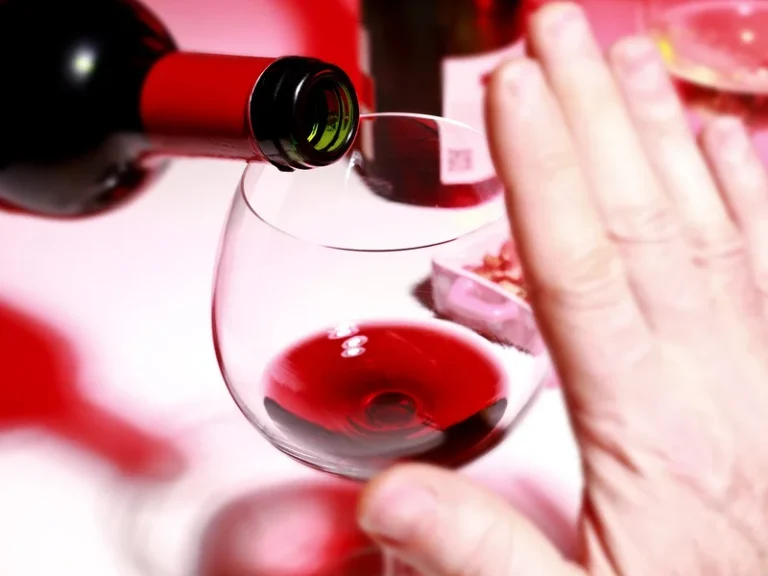Understanding Powerlessness Over Alcohol

Self-control is often regarded as a natural way of displaying our inner strength. However, the ability to limit and control our actions and desires is characterized as willpower, which requires us to stand firm and take charge of the things we do.
It is even more vital that we exercise willpower to keep our usage in check with drugs and alcohol. The moment we feel out of control with drugs and alcohol, and it starts to creep into our daily lives, this is an impending problem.
Example of being powerless over alcohol
A perfect example of powerlessness over alcohol can be seen when we have the impression that we can quit drinking alcohol anytime. Still, the process of quitting is met with procrastination.
Perhaps you believe it is not a big deal. Still, you constantly find yourself pondering on questions like, “am I powerless over drugs and alcohol?” “how much influence do drugs and alcohol have over my daily life?” or “can I stop if I decide to quit today?” This may be the first step in our journey to recovery.
If you are experiencing some or all of these issues highlighted, well, be rest assured that you aren’t the only one. Several people are in a similar situation. But, like most people, the mere thought of powerlessness gives them this indisposed and displeasing feeling.
Irrespective of what we think, we all know that there is a decision to be made deep down somewhere. Now, we can either decide to bask in our web of pretence or accept our “powerlessness” and forge forward in solving our drugs and alcohol dependency. Fortunately, choosing the latter option will go a long distance to help in alcohol treatment.

Take back control of your life and start on the road to recovery now.
Understanding Powerlessness Over Alcohol
When we hear the word powerless, the first thing that comes to mind is weakness and fragility. The phrase powerless over alcohol then gives us the sense that we can do nothing about our alcohol dependence but succumb to its adverse effects.
In this regard, we often mistake powerlessness to be synonymous with weakness. However, a quick semantic check reveals some misconceptions about these words.
On the one hand, Powerless means:
- Being without ability, capacity, authority, or influence;
- Lacking sufficient strength, power, or resources.
On the other hand, weakness means that one is;
- Being easily overwhelmed under pressure.
- Mentally, intellectually and physically incapable of handling tasks.
- Lacks overall rigidity to resist persuasions and other temptations of life.
From these definitions, we can extract specific differences between powerlessness and weakness. First, powerlessness is temporal and affects a particular area at a time. You can be powerless in an area of your life (i.e., drugs and alcohol management) yet powerful in other areas.
In a nutshell, powerlessness drains all of your energy, rendering you incapable and without the strength to overcome an addiction or problem.
Weakness, however, is of a more permanent form. It relates to a mental or intellectual deficiency that cuts across every area of a person’s life.
Now that you understand these differences, do you think you are not powerless over drugs and alcohol? Maybe you are in school, still able to hold a job, or have a Car in your possession.
Nevertheless, suppose you think you have everything under control and choose to ignore dealing with alcohol addiction. In that case, I only need to ask one question, how is that working for you?

Is your decision working for you?
There is no straightforward answer to this question, but we may notice a similar pattern among drug and alcohol addicts. Once the urge to take drugs or drink alcohol kicks in, other things become irrelevant.
Alcoholics may find themselves coming drunk to work, sleeping at odd hours, forgetting important details, spacing out between meetings, and itching for the next drink. Understandably, they may fail to notice how this alcoholic behaviour eats away their time. The quality time they could spend doing other productive activities.
Alcoholics generally depend on alcohol as companions throughout life. But, unfortunately, most of them fail to admit their powerlessness and then dig deeper into drugs/drinks to hide any sign of weakness or powerlessness. This problem then becomes a merry-go-round.
You try to escape drugs and alcohol by seeking help and treatment from the same drugs and alcohol, which happens to be what you were running from in the first place.
At this stage, confusion and frustration set in. Do you accept that you are powerless or prove to people that you are not weak?
Risk Vs Reward
The concept of risk and reward lies in the idea that you are confronted with certain losses and rewards for every action you take. For instance, when a business person buys stocks and the market goes against him, he risks losing a portion or all of his investment, but he could also get a reward in terms of profit should the market move in a promising direction.
It requires you to take the risk of stepping out of your comfort zone, engaging in addiction treatments, and giving up that quick and short-lived trill for a more balanced and positive life.
As alcoholics and drug users, why don’t you take the massive risk of becoming sober? It may seem daunting at first, but rest assured that the reward is endearing. It relieves you of the feeling of being powerless over alcohol, replacing it with a much more grand feeling of happiness, peace, freedom, and economic freedom.
How is alcohol addiction treated?
Four phases of therapy are employed in the recovery treatment of alcoholics. At each stage of treatment, you must take the individual’s situation into account. Lifelong abstinence from alcohol is the generally recognized therapeutic recovery goal.
Contact and motivation phase
Those affected go on to contact a counselling centre or a doctor to put them through recovery. In the best case, the motivation to drink becomes motivation to abstain from alcohol.
Withdrawal phase
During the withdrawal phase, the focus is on physical weaning; this phase aims for those affected to stop drinking altogether.
Weaning phase
The aim is to strengthen the desire for abstinence and learn to live again without alcohol. To achieve this, various psychotherapeutic methods, sports therapy, occupational therapy, and social care.
Follow-up and rehabilitation phase
There is a high risk of relapse from inpatient recovery treatment to everyday life after discharge from the hospital. “Old” problems and behaviours can quickly catch up with those affected.
In this phase, addiction clinics, counselling addiction centres, or specialist doctors provide consequent and close-knit outpatient follow-up care. Another essential step is regularly participating in self-help groups ( i.eAlcoholics Anonymous).
A Word About “Relapses”
Most people turn to treatment centres to help get sober without much trouble; Others have difficulty understanding and accepting the recovery process. Too quickly, they forget what it means to be an alcoholic. Then, having regained their physical health and finding their lives somewhat more manageable, they mentally walk away from these centres, forgetting principles learned during recovery.
These people may have some relapses and find themselves back in square one. Relapses can be heartbreaking and very distressing for your loved ones.
Overconfidence and unrealistic thoughts often lead to relapses. Judgment becomes blurred, and some alcoholics begin to believe that they can control alcohol. As a result, they attend fewer meetings and begin to criticize the people in their group.
It helps to know that many members who were once thought of as powerless drunkards are now sober. This realization should remind you never to give up hope and that you can help by understanding your addiction and preparing to apply for the program in your daily life. You will not be alone. Throughout your journey, you will be accompanied by the hopes and best wishes of millions of sober alcoholics.

This can be a difficult journey, but you don’t have to go it alone. Let us be your guide and provide you the environment needed to regain control of your life and begin the path to recovery.
Alcohol Addiction recovery at EcoSoberHouse
If you suffer from alcohol addiction and need support for your recovery journey, join us at ecosoberhouse.com. We can help with step-by-step recovery to get you back in control of your life.
Note: Alcohol addiction doesn’t only affect the drinking individual. It also affects their immediate environment, including their friends, colleagues, spouses, and loved ones. So take the first step in your recovery! Contact us today!




